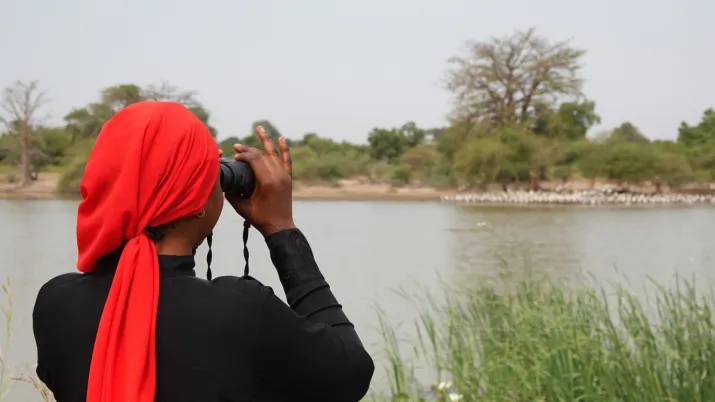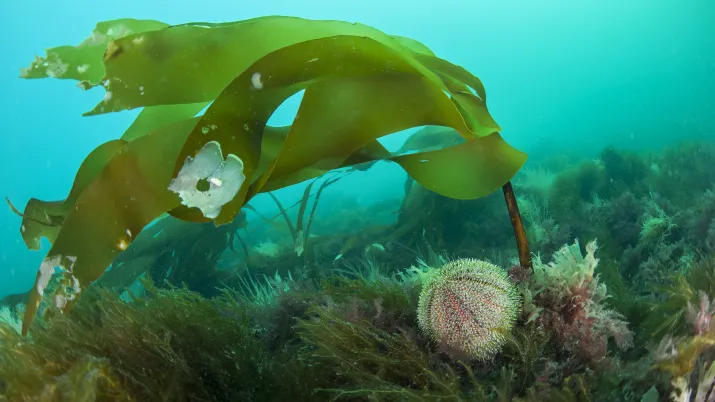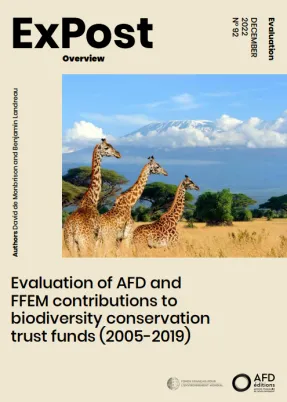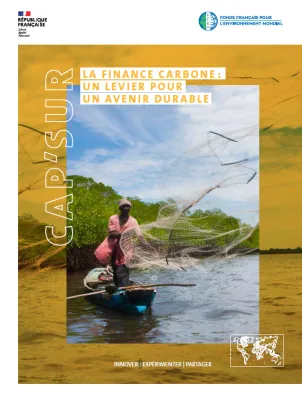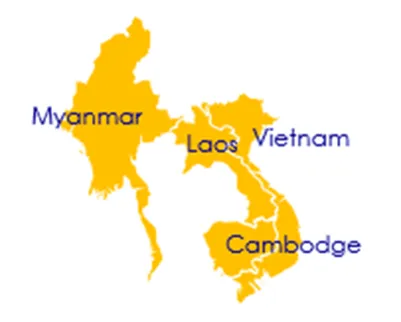Share the page
Uniting knowledge, people and actions: the vision promoted by FFEM at the 2025 IUCN Congress
Published on
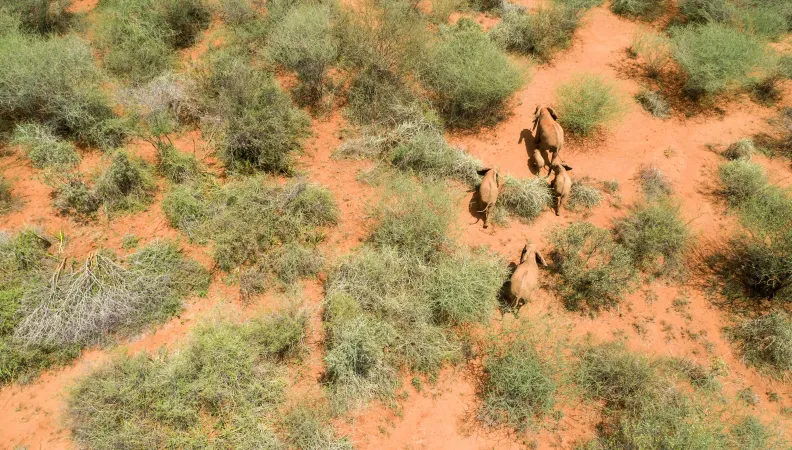
The IUCN World Conservation Congress is being held from 9 to 15 October 2025 in Abu Dhabi. Flagship moment for biodiversity and sustainable development, it brings together governments, NGOs, indigenous peoples, researchers and economic actors to define global conservation priorities.
Organized every four years, the Congress includes 2 highlights: the Forum, a space for exchanges and side events bringing together scientists, decision-makers, and conservation practitioners, and the Assembly of members, where more than 1,400 organizations adopt motions guiding national and international environmental policies.
In the absence of COP Biodiversity this year, this edition of the Congress is the main global event to boost action in favor of nature. The debates will focus on 5 areas for a sustainable future:
- Intensify resilient conservation actions
- Reduce the risks of climate change abatement
- Achieving equity
- Transform economies and societies towards positive models for nature
- Stimulate innovation and leadership, by supporting disruptive approaches and local initiatives to accelerate the ecological transition
For 30 years, the FFEM has been working to demonstrate that it is possible to reconcile the protection of the planet and human development. Today, more than ever, this integrated approach is essential: we must implement solutions that simultaneously address the challenges of biodiversity, climate and pollution. One Health approaches and nature-based solutions show the way: they remind us that the health of ecosystems, animals and humans is deeply interconnected.
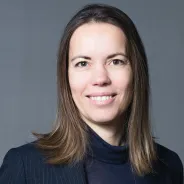
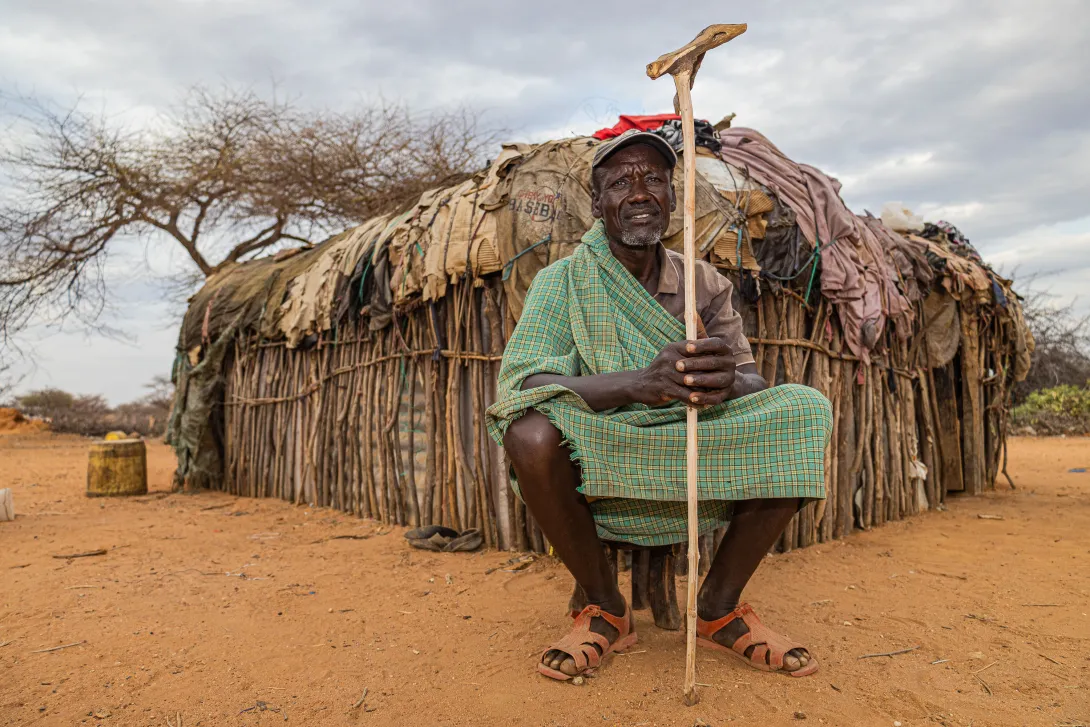
The FFEM: a committed actor for integrated and fair solutions
As a historical partner in the conservation of biodiversity and the fight against climate change, the French Global Environment Facility (FFEM) actively participates in this international event to share its experiences, partnerships and innovative solutions.
Through its projects and expertise, the FFEM highlights three key messages at the heart of its action and participation in the Congress:
- Convergence of climate, biodiversity and pollution issues: environmental crises are interconnected and require integrated responses, reconciling climate resilience, ecosystem preservation and pollution reduction, as confirmed by the IPBES Nexus report.
- Equitable and shared governance: successful ecological transitions require inclusive governance models that recognize and strengthen the role of local communities, indigenous peoples and civil society.
- Science and knowledge at the service of public and private decision-making: FFEM promotes the production and dissemination of scientific knowledge to inform public policies as well as private strategies and promote pro-nature innovation.
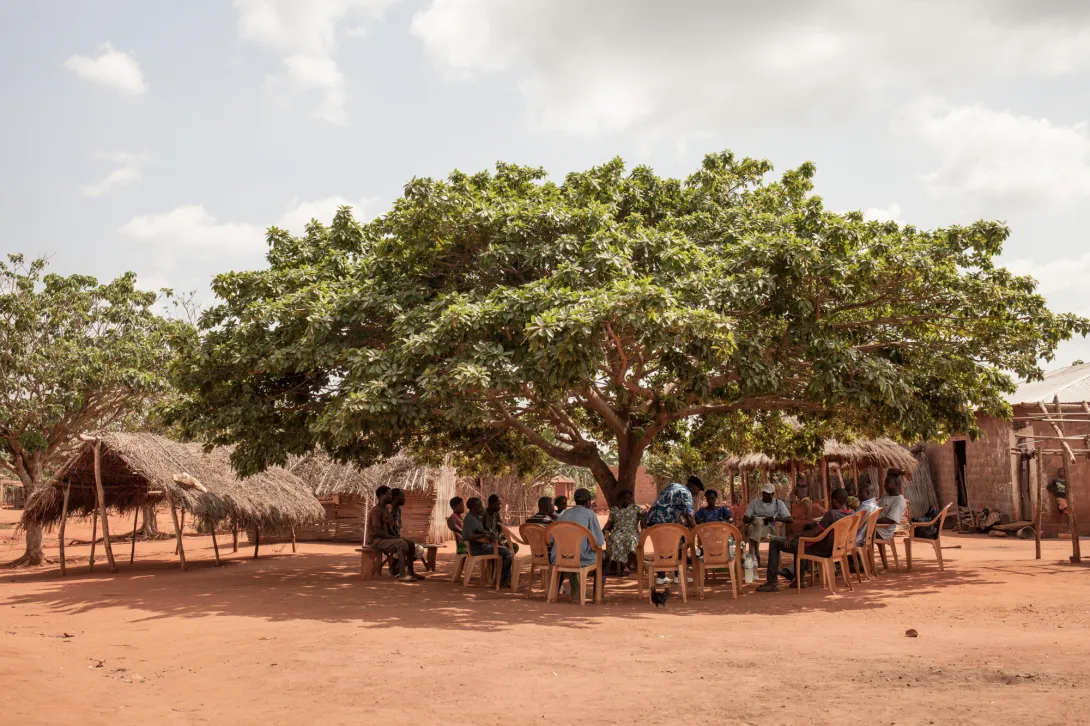
The FFEM and the French Committee of the IUCN: a lasting commitment for African civil society
The Congress will also be an opportunity to sign the agreement of the 7th The Small-Scale Initiatives Program (PPI 7), implemented by the French Committee of the IUCN. This program aims to sustainably strengthen civil society in West and Central Africa by supporting local projects for the protection of biodiversity and climate resilience.
The PPI 7 aims to:
- Strengthen the capacities of African organizations,
- Promote the sharing of experiences and networking,
- Strengthen their role in environmental policies, thus contributing to the objectives of the Kunming-Montreal Global Biodiversity Framework.
The Small-Scale Initiatives Program (PPI)
We know that the success of this transition cannot come from above. It is based on shared governance, on the mobilization of territories and communities. Civil society must be fully involved in the protection of nature and humans, because it is at their level that the most concrete and sustainable solutions emerge.

Strengthened partnerships and concrete actions
Alongside its partners, the FFEM will participate in several side events of the Congress, illustrating the diversity of its approaches and the richness of its collaborations.
• Thursday 9 October 2:30 PM (CET) : "Sustainable and inclusive blue tourism: sharing experiences from the Mediterranean, the Caribbean and the western Indian Ocean"
• Thursday 9 October 2:30 PM (CET) - France Pavilion : "COMBO+ and the Avoid-Reduce-Compensate sequence: 10 years of lessons to reconcile development and conservation"
• Friday 10 October 17:00 (CET) - France Pavilion : "Sustainable alternatives to plastic for a pollution-free future" (organized by the Ministry of Foreign Affairs) - Available remotely
• Saturday, October 11: Trust funds in the spotlight organized by the GEF
- 14:00–15:30 - "Transition capacity and impact: Network-led innovation for conservation institutions"
- 16:00–17:00 - "Investing for Sustainable Impact: Scaling Biodiversity Finance through Conservation Trust Funds"
- 18:00–19:00 - "Alignment for sustainability: Conservation trust funds and the power of policy-based finance to achieve goal 19"
• Saturday 11 October 17:00 (CET) - France Pavilion (organized by the Ministry of Agriculture and Food Sovereignty): "Exploring movements related to food and agricultural systems towards sustainability"
• Saturday 11 October 6 pm (CET) - France Pavilion (organized by the French Committee of the IUCN): "Implementation of One Health for biodiversity, health and global cooperation from global to local"
• Sunday 12 October 12pm (CET) : "Scaling up integrated approaches for drylands and drought resilience"
• Sunday 12 October 10:30 (CET) : "Small grants for big impact: African CSOs and donors in dialogue"
• Sunday 12 October 2pm (CET) : "Blue Nature – From conservation to sustainable financing for livelihood improvement"
• Sunday 12 October 17:30 (CET) - France Pavilion : "Sustainable organizational development of civil society organizations: for whom, why, how?" (organized by the French Committee of the IUCN)
• Sunday 12 October 6:30 PM (CET) - France Pavilion : "Francophonie evening and celebration of the 20th anniversary of the small initiatives program of the French Committee of the IUCN"
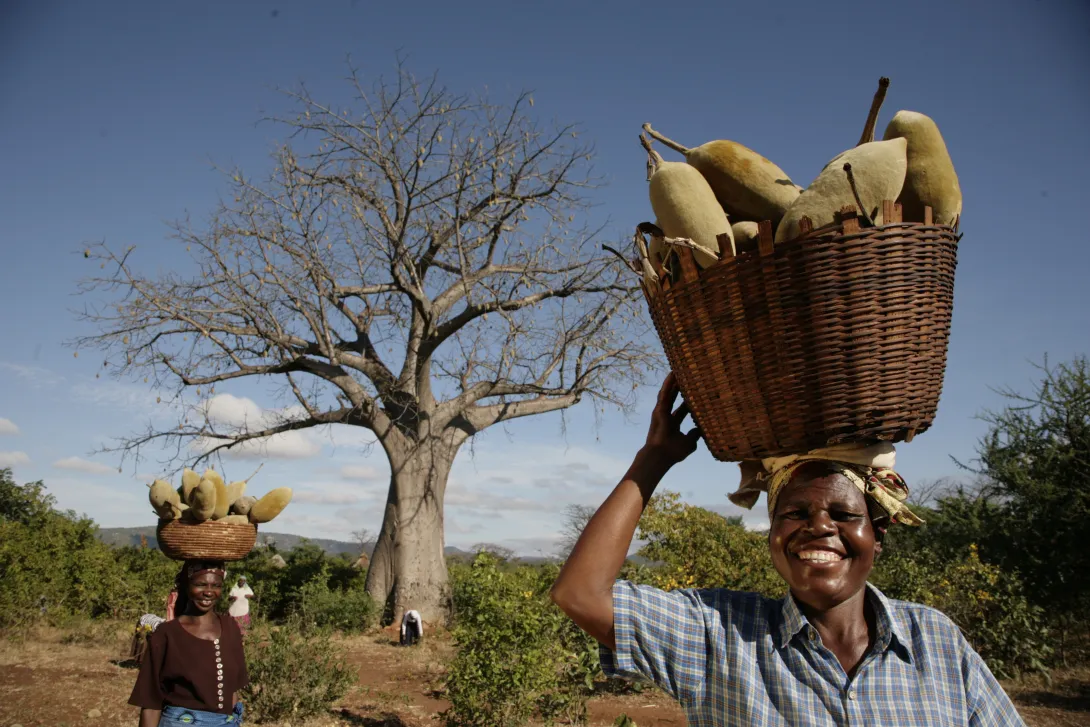
Acting together for a sustainable destiny
The unique convening power of IUCN, bringing together states, researchers, businesses and citizens, gives the Congress a decisive role in shaping the global conservation agenda for decades to come.
The FFEM is fully associated with it, convinced that international cooperation, solidarity and joint action are the keys to a just and sustainable ecological transition. Drawing on its experience, it places knowledge, innovation and dialogue between science, society and decision-makers at the heart of its action, in order to anchor environmental policies in the reality of territories and to strengthen their coherence and effectiveness.
Science and innovation – whether they come from academic research or local and ancestral knowledge – are indispensable compass for action. They inform the choices of public and private decision-makers and make it possible to develop coherent policies, rooted in the reality of the territories. It is to this articulation between science, society and public and private decision-making that the FFEM has been contributing for three decades, and which it will continue to commit tomorrow.


